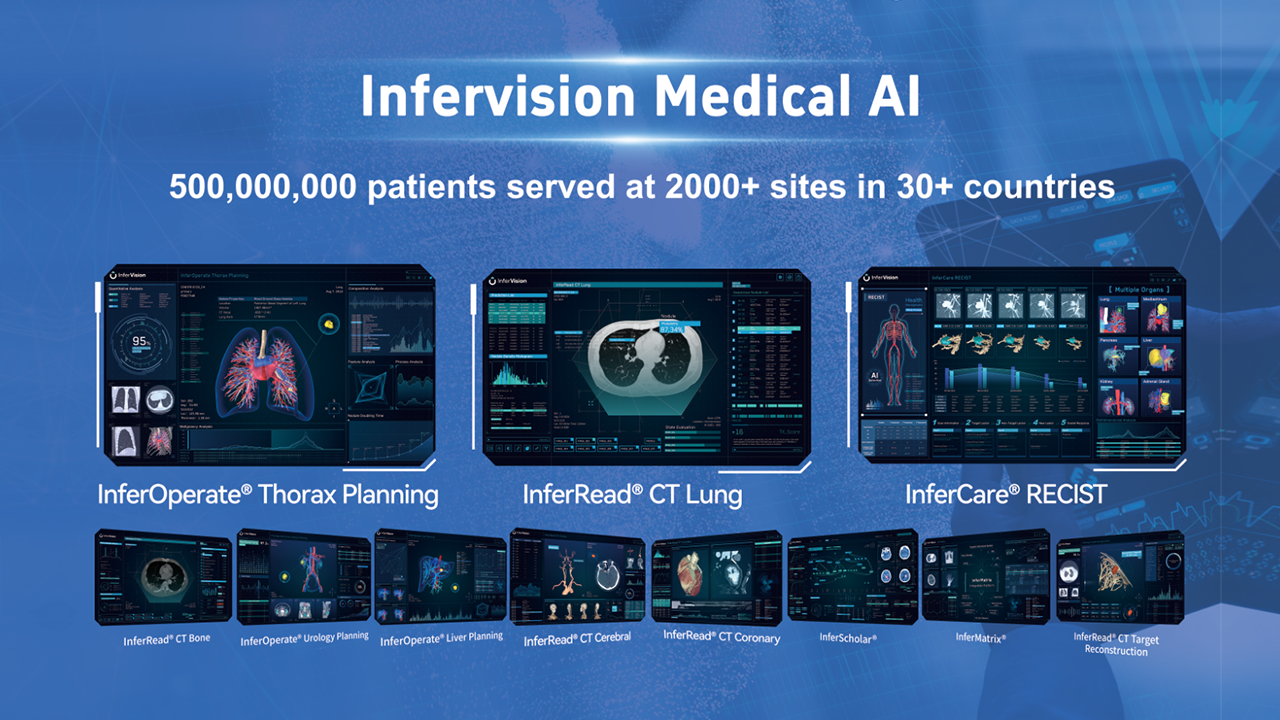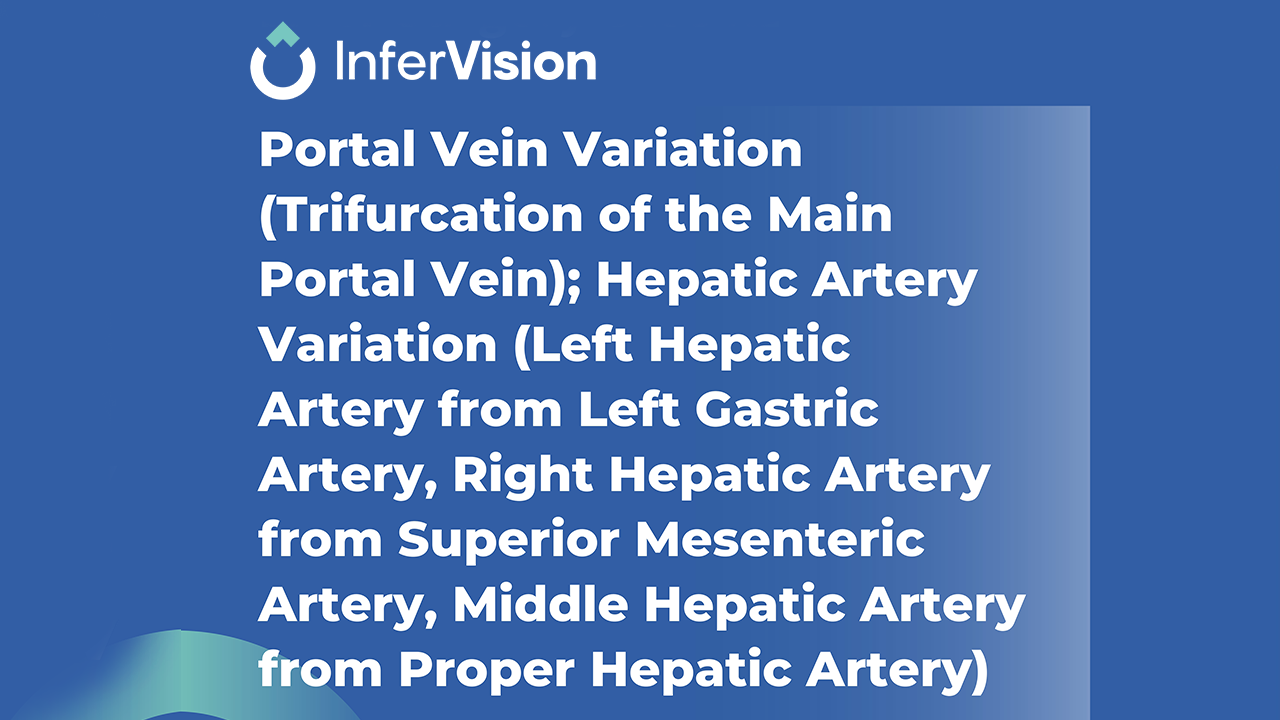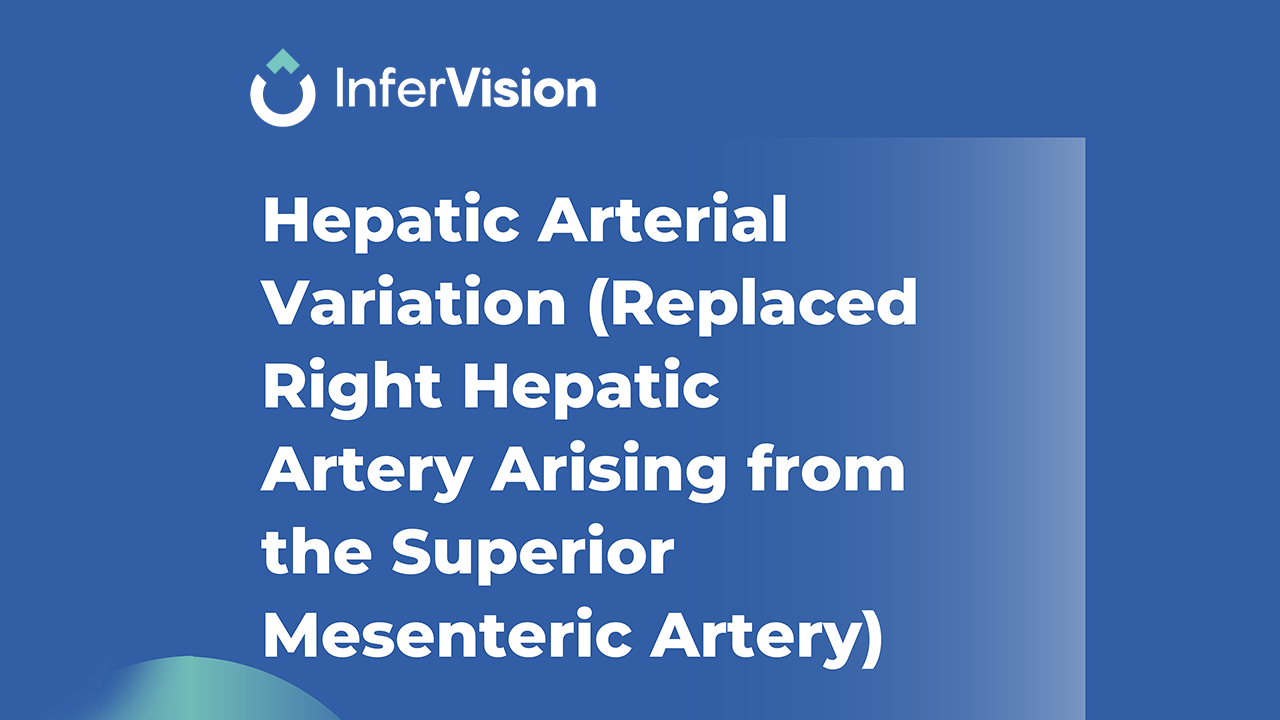Sanford Health, the largest rural, nonprofit health care system in the United States, is committed to bringing expert healthcare closer to home for the 2.74 million people they serve across the upper Midwest. With 56 hospitals and nearly 300 clinics, Sanford Health's network of over 4,500 physicians and advanced practice providers are dedicated to providing advanced, expanded services. This commitment to innovation extends to research, where Sanford Health is exploring cutting-edge technologies like artificial intelligence (AI) to improve diagnostics and patient care. A recent study conducted by Sanford Health researchers in Bismarck, ND, and presented at The Royal College of Radiologists Global AI Conference in London, England, has demonstrated the potential of AI to revolutionize the detection of cancerous lymph nodes, a critical step in cancer staging.
The study focused on developing and evaluating an AI-powered algorithm designed to detect and segment pathologic lymph nodes in chest CT scans. Lymph nodes are small, bean-shaped organs that play a crucial role in the body's immune system. However, they can also be a site of cancer spread, making their accurate identification vital for effective treatment planning. Mediastinal lymph nodes, located in the chest between the lungs, are particularly challenging to visualize on CT scans due to low tissue contrast, as well as natural variations in size, shape, and location. These challenges can lead to missed diagnoses or delayed treatment.

To address this, the Sanford Health research team used an AI system developed by partners Infervision that combines a RetinaNet detection algorithm (using ResNet50 as its backbone) with a UNet segmentation model. The AI was trained on a large dataset of 1,600 chest CT scans, allowing it to learn the subtle patterns and characteristics of both healthy and cancerous lymph nodes. This extensive training data is crucial for the AI's accuracy and reliability.
The AI's performance was then rigorously tested using a separate set of 211 CT scans that board-certified radiologists had carefully annotated. This retrospective dataset provided a benchmark against which the AI's findings could be compared. The study employed a "station-wise recall" method, meaning the AI's ability to detect abnormalities within specific lymph node regions was evaluated, rather than just focusing on overall patient results. This approach provides a more clinically relevant assessment of the AI's performance, as it mirrors how radiologists analyze CT scans in practice.
The results of the study were highly encouraging. The AI system achieved a promising station-specific sensitivity of 93.1%, meaning it correctly identified 93.1% of the cancerous lymph nodes within the specified regions. In practical terms, this translated to the AI correctly identifying 378 true positive cases while only missing 28. While the AI did produce 46 false positives, identifying benign nodes or other structures as cancerous, this rate is relatively low and represents a significant improvement over previous algorithms. Importantly, the AI model maintained or even exceeded the sensitivity of previous algorithms, which ranged from 52.9% to 95.5%, while simultaneously reducing the number of false positives.
This improvement is likely attributable to the larger training dataset used in this study. The implications of these findings are significant. This AI-powered tool has the potential to dramatically improve the accuracy and efficiency of cancer staging. By assisting radiologists in identifying cancerous lymph nodes, the AI can contribute to earlier diagnoses, more personalized treatment plans, and ultimately, better patient outcomes. The station-specific approach used in the study provides a more clinically relevant evaluation of the AI's performance, further strengthening its potential for real-world application.
While these results are promising, the researchers emphasize the need for further large-scale studies to refine the technology and validate its broader clinical applications.
Integrating AI into the clinical workflow requires careful planning and testing to ensure its seamless and effective implementation. However, the study conducted by Sanford Health researchers represents a major step forward in the fight against cancer, demonstrating the power of AI to enhance diagnostic capabilities and improve patient care. As technology continues to advance, AI-driven solutions like this hold immense potential to transform healthcare and improve the lives of countless individuals.





